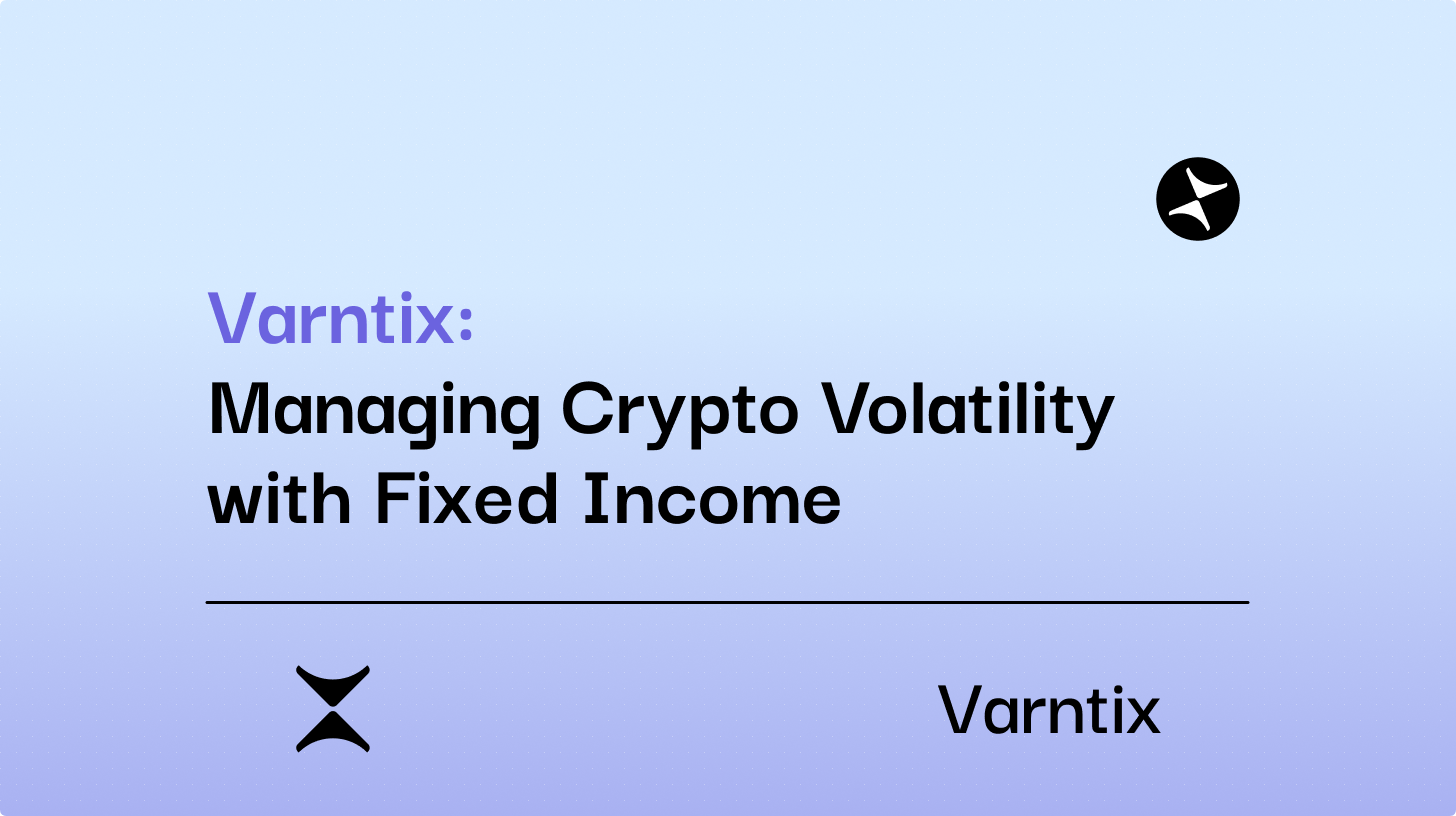Table of Contents
- Quick Overview - Understanding Decentralized Autonomous Organizations
- Defining a Decentralized Autonomous Organization
- The Functioning Mechanism of Decentralized Autonomous Organizations
- Benefits of Decentralized Autonomous Organizations
- Enhanced Transparency
- Distributed Control
- Optimized Efficiency
- Community-Driven Governance
- Obstacles and Threats Facing Decentralized Autonomous Organizations
- Software Flaws
- Legal Ambiguity
- Potential for Human Misjudgment
- Challenges of Coordination and Agreement
- Prominent Examples of Decentralized Autonomous Organizations
- The DAO
- MolochDAO
- Aragon
- Final Thoughts









